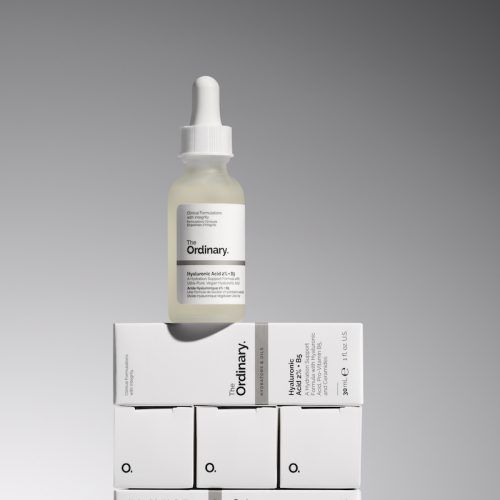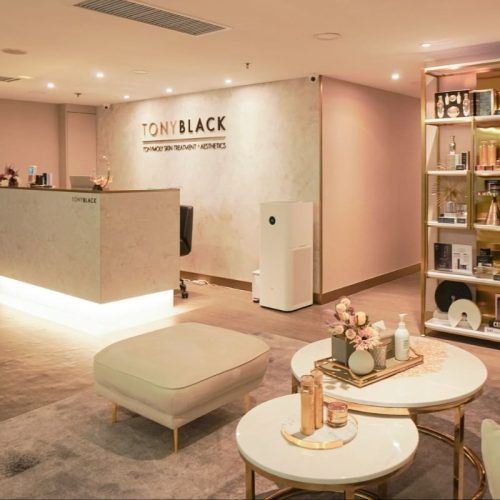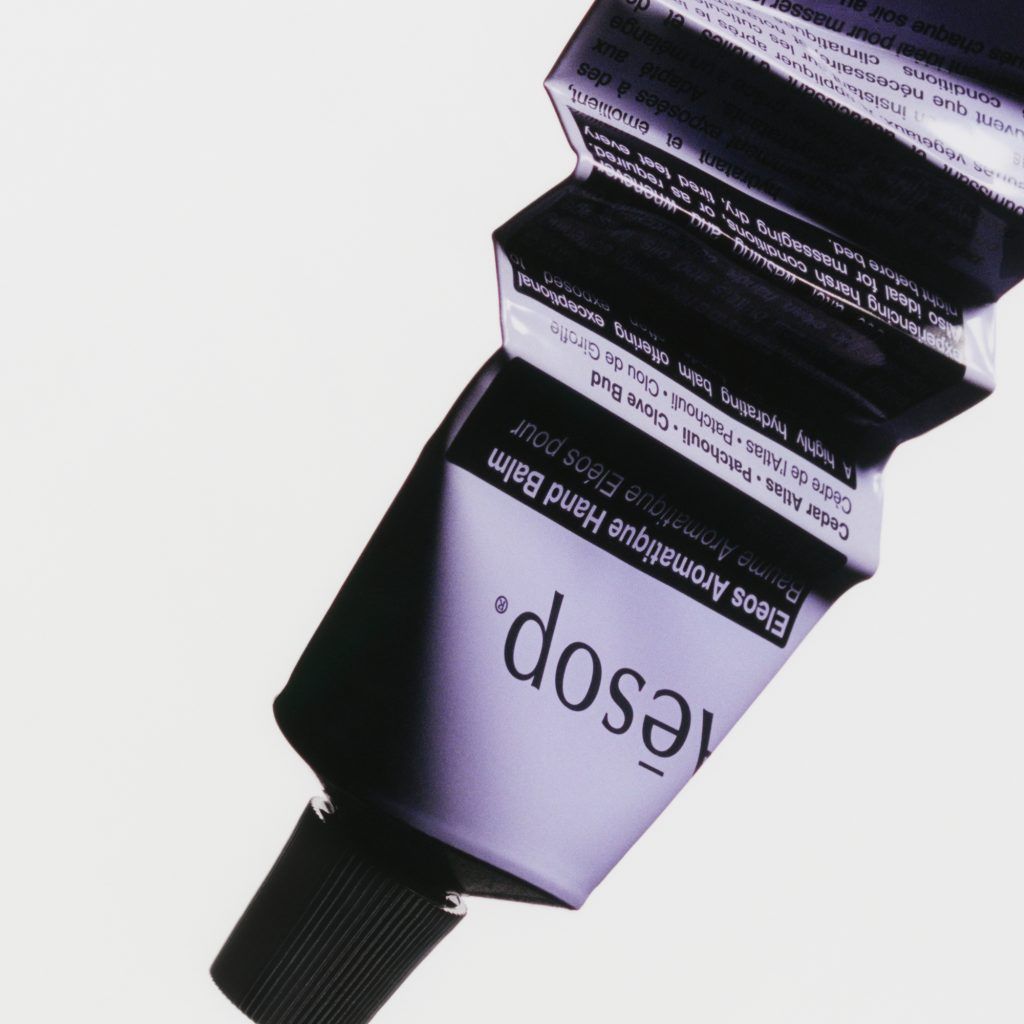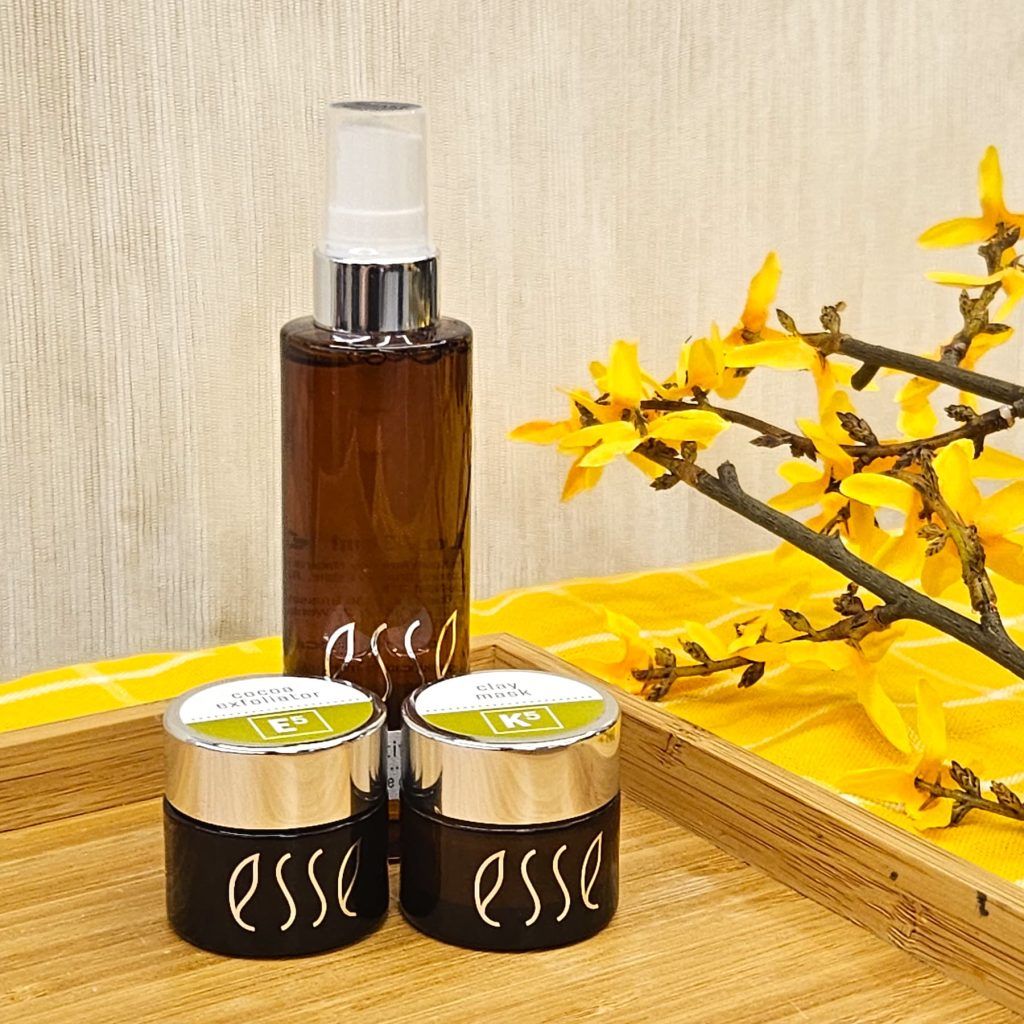Many people count on expensive skincare products to get perfect skin. But what often gets disregarded is the importance of dietary choices, especially vitamins and minerals. Vitamin B12 stands out as an important nutrient that plays a key role in maintaining skin health. Read on as we explore how Vitamin B12 affects your skin and how it can help you achieve glowing skin.
Vitamin B12, also referred to as cobalamin, is a vital water-soluble vitamin which helps in promoting essential bodily activities. This nutrient is mainly found in animal-derived products like lean meats, seafood, eggs, and dairy products. However, for those following a vegetarian or vegan diet, fortified foods like plant-based milk alternatives like almond, soy, flaxseed milk, fortified cereals, and nutritional yeast are great sources of Vitamin B12.
The relationship: Vitamin B12 and skin health
Boosts collagen production
Collagen is a type of protein that maintains the skin’s smoothness and tightness, and Vitamin B12 helps boost collagen production. This, in turn, helps in reducing the appearance of wrinkles and early signs of pre-mature ageing for more youthful and glowing skin.
Protects against oxidative stress
Oxidative stress occurs when there are not enough or fewer antioxidants in the body to fight free radicals, leading to faster skin damage and ageing. To protect the skin from oxidative stress, Vitamin B12 acts as an antioxidant which helps strengthen the skin barrier, reducing the chances of dull, dry skin.
Helps in maintaining even skin tone
To maintain an even skin tone, maintaining a balanced melanin is crucial. Vitamin B12 affects the production of melanin which helps in preventing uneven skin tone, giving a brighter, radiant skin.
Helps in achieving a strong skin barrier
Having a strong skin barrier is crucial to protect against environmental aggressors and moisture loss, and Vitamin B12 helps in achieving a strong skin barrier by maintaining healthy lipid production and hydration levels. This, in turn, helps in retaining moisture, preventing water loss, and maintaining supple skin.
Speeds up wound healing
Vitamin B12 helps repair and regenerate tissue, which is vital for the timely healing of wounds, scars, and blemishes. It promotes the growth of new cells and helps speed up the healing process and minimises the look of imperfections on the skin’s surface.
What is Vitamin B12 deficiency?
Food sources rich in Vitamin B12
Some sources of Vitamin B12 include:
Lean meats
Lean meats such as beef, chicken, and pork provide a rich source of not only Vitamin B12 but also other essential nutrients to your system. When picking lean meats which are high in nutrient content, go for lean cuts to reduce fat intake and choose organic or grass-fed options.
Seafood
Fish and seafood are excellent sources of Vitamin B12, along with omega-3 fatty acids that contribute to skin health. Salmon, tuna, mackerel, and shellfish like clams, oysters, and shrimp are particularly rich in both Vitamin B12 and skin-nourishing nutrients. Including fish in your diet a few times per week can provide a significant boost to your Vitamin B12 intake and support radiant skin.
Fish and seafood, being rich sources of both omega-3 fatty acids and Vitamin B12, contribute to skin health. Foods like tuna, salmon, oysters, etc., are especially high in Vitamin B12 and nutrients that are essential for achieving glowing skin.
Eggs and dairy products

Eggs and dairy products are great sources of not only Vitamin B12 but also vital nutrients that contribute to maintaining healthy skin and bones like proteins and calcium. Opt for organic eggs and dairy products for higher nutrient quality
Fortified foods
Fortified foods like plant-based milk alternatives like almond, soy, flaxseed milk, fortified cereals, and nutritional yeast are rich in Vitamin B12 and are great options for those following a vegetarian or vegan diet.
Those with dietary restrictions or who lack Vitamin B12 may need supplements. Consulting with a healthcare expert can simplify your dosage requirements based on your specific needs
Achieving glowing skin requires a good balance between a healthy diet and a consistent skincare routine. Vitamin B12 plays a vital role in boosting collagen production, guarding against oxidative stress, regulating pigmentation, boosting skin barrier function, and speeding up wound healing – all of which are crucial for promoting glowing skin. Lastly, including foods rich in Vitamin B12 and supplements can help you achieve healthy and glowing skin
Hero Image: Courtesy Pexels; Featured Image: Courtesy Unsplash
Frequently Asked Questions (FAQs)
- Does vitamin B12 improve skin?
Vitamin B12 is vital for maintaining healthy skin, but its direct effect on improving skin quality is not proven. However, ensuring an adequate intake of B12 as part of a balanced diet can contribute to overall skin health.
- What does B12 deficiency do to skin?
B12 deficiency can lead to various skin problems such as hyperpigmentation, jaundice, vitiligo, angular stomatitis (cracks at the corners of the mouth), and seborrheic dermatitis.
- Does B12 tighten skin?
There isn’t strong scientific evidence to suggest that B12 directly tightens the skin. However, ensuring adequate amounts of B12 in your diet or through supplements may contribute to overall skin health, indirectly impacting skin tightness.
- Does vitamin B12 make skin glow?
To achieve glowing skin, adequate intake of Vitamin B12 along with maintaining a consistent skincare routine can contribute to overall skin health.
- How important is vitamin B12 for the skin?
Vitamin B12 plays a vital role in skin health by supporting cell production. A deficiency in B12 can lead to various skin problems, highlighting its importance for maintaining healthy skin.
Folic acid (vitamin B9) and vitamin B12 are both B vitamins, but they serve different roles in the body. While both are important for overall health, including skin health, they function differently. Vitamin B12 is crucial for DNA synthesis, cell metabolism, and nerve function, while folic acid is essential for DNA synthesis and repair, cell division, and red blood cell production. Both can contribute to skin health, but if you’re specifically looking to support skin care, ensuring adequate levels of both vitamins through a balanced diet or supplements is recommended. Always consult with a healthcare professional before starting any new supplement regimen.












